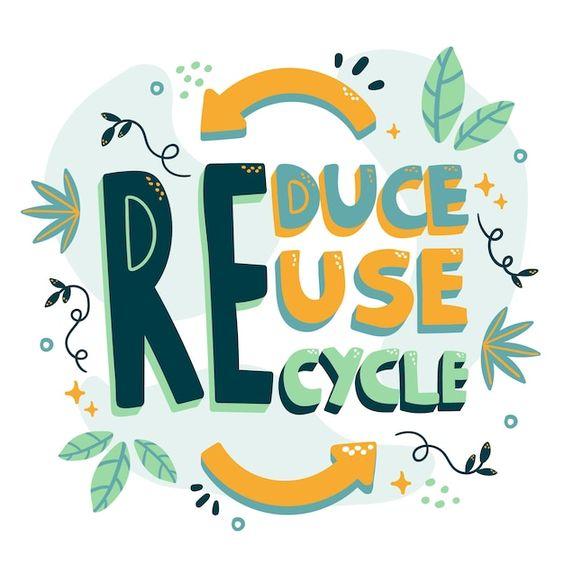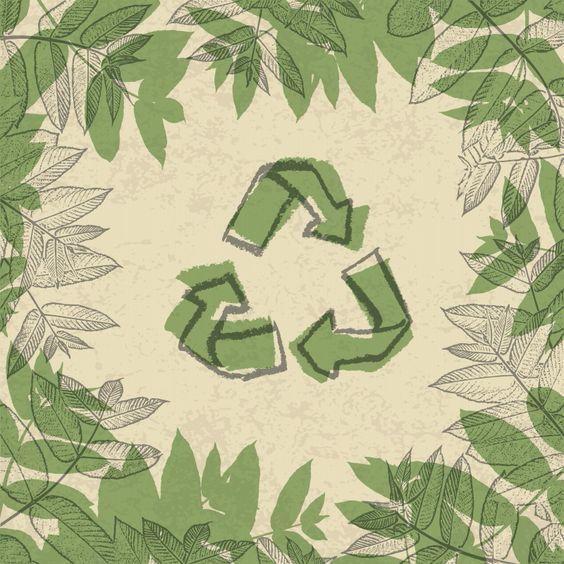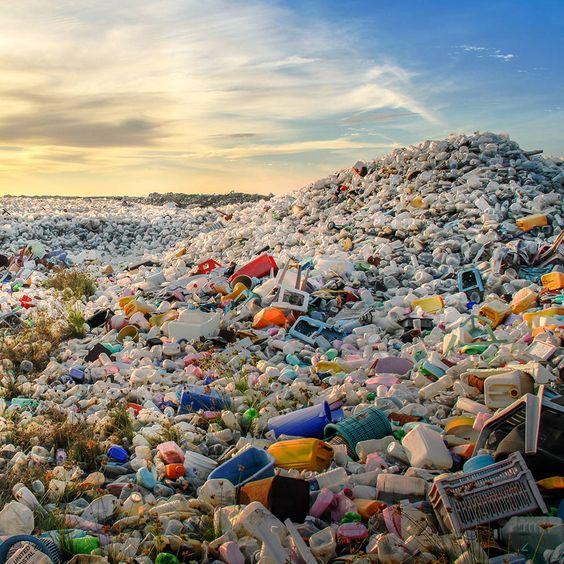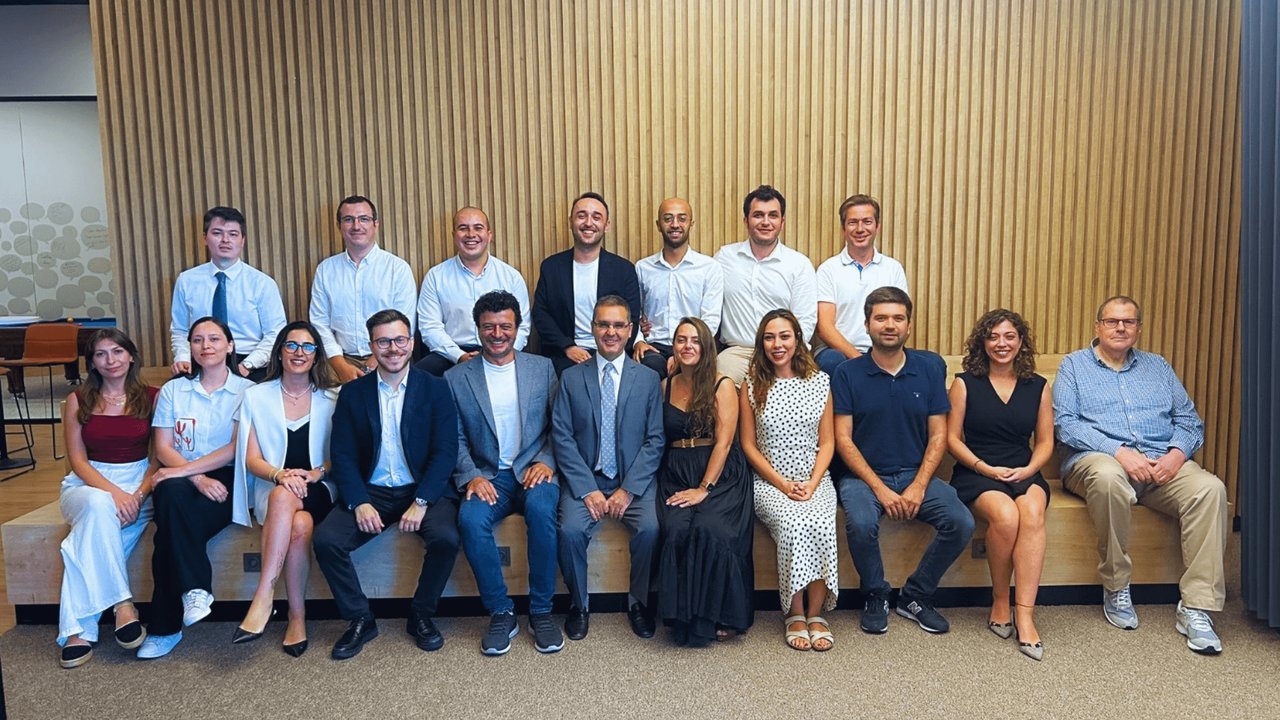With the use of plastic, the disposal of this substance into the nature and the inadequacies at the recycling point are harming both nature and ourselves every day. Especially in recent years, some microplastics have been found not only in the oceans but also in human blood, which makes the situation even more serious. But it looks like a new waste-free plastic recycling method could make this process more efficient.
More than 5 billion tons of waste to date is one of the biggest pollution problems of modern times. In fact, there have been great efforts to recycle plastic products in recent years. However, it remains a challenging issue to really use this material mix, which increases its attractiveness with its colors.
The biggest problem in the recycling phase of plastic products is that they come in many different types. This has to be specific to each type of plastic for chemical processes to somehow break them down into a form that can be reused. Separating a large number of waste materials, from soda bottles to detergent jugs and plastic toys, is not as easy as it seems.
Also Read: Discovering ‘Life, the Origin and Chemistry of Life’
New Method in Recycling Brings New Products

According to new research done recently, there may be a much better way to recycle. A chemical process using a cobalt-based catalyst opens a new door to this process. It is estimated to be very effective in separating various plastics into a single product, such as polyethylene (PET) and polypropylene (PP), the two most commonly produced plastic forms. This single product is called propane.
The resulting propane can then be used as fuel for stoves, heaters and vehicles. It is also thought that propane could be used as a raw material for the manufacture of a wide variety of products, including new plastics. This provides a recycling system, albeit a partial closed loop from the recycling process.
May Open the Door to More Recycling

The research results, published in the open access journal JACS Au, are the result of the meticulous work of MIT chemical engineering professor Yuriy Román-Leshkov and seven of his team. Recycling plastics is a challenging problem, Román-Leshkov said. He says the factor is that the long-chain molecules in plastics are held together by very stable and hard-to-break carbon bonds.
Current techniques for breaking these bonds attempt to produce a random mix of different molecules. However, this study shows that a catalyst made of a microporous material called zeolite and containing cobalt nanoparticles can selectively break down various plastic polymer molecules. Moreover, it can convert more than 80 percent of them to propane.
Román-Leshkov says that with the new technique, they have not only broken ties, but also managed to produce a single product - propane - that can be used for many different products and processes. In addition, the materials needed for this entire recycling process are only zeolites and cobalt. So it's pretty cheap and widely available.
While the new recycling research in plastics has shown promising results, it is not known how effective it will be on various contaminants such as inks, adhesives and labels attached to plastic containers or other non-plastic materials. More testing is needed on a wide variety of mixed waste streams to answer all these questions.





No comments yet for this news, be the first one!...